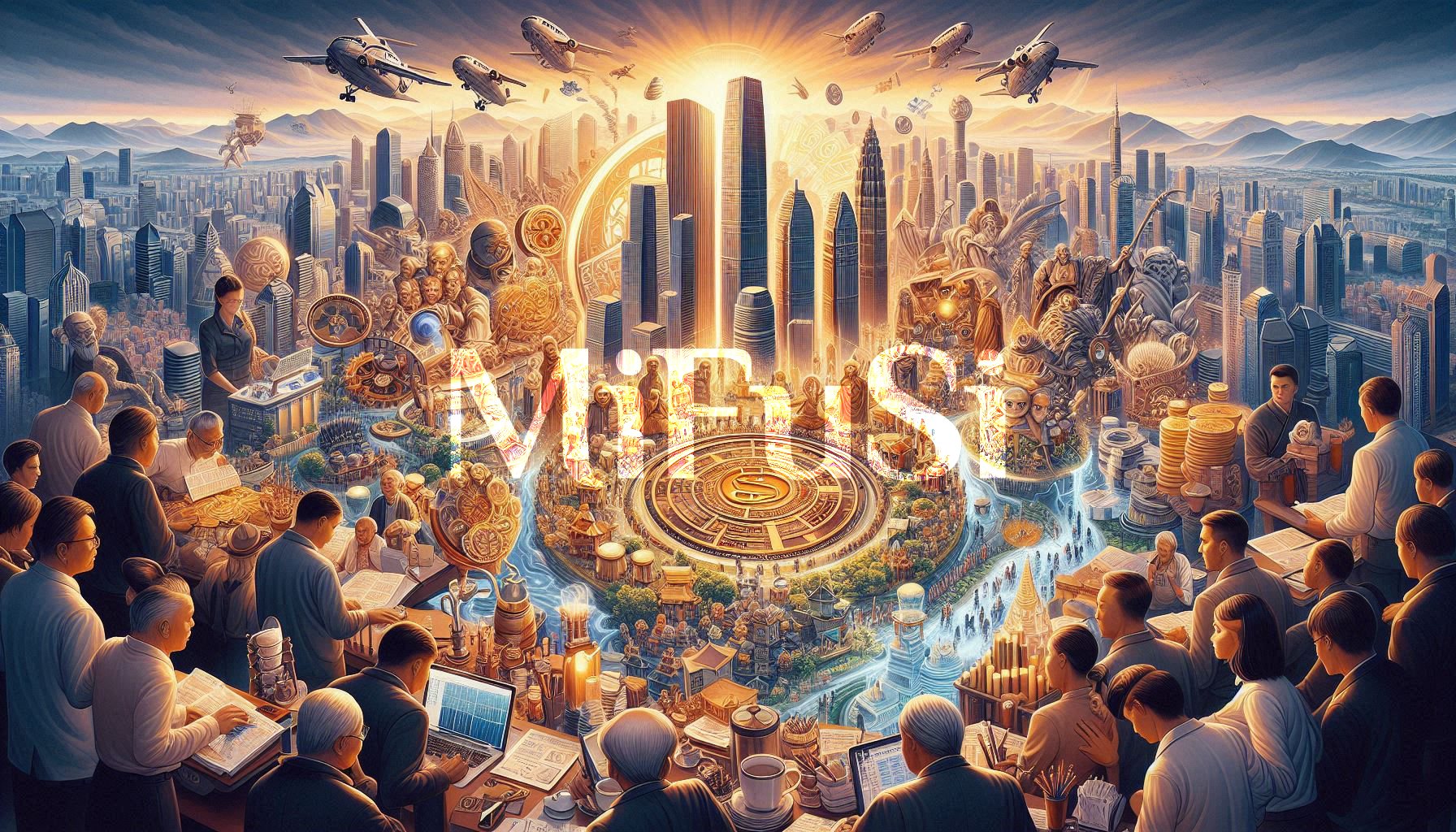Challenges to Global Spiritual Decline
Vì sao đạo đức xã hội xuống cấp? by Hữu-Huyễn on 09/02/2021, 17:24; translate by Horangi
In both the global arena and specifically in Vietnam, individuals from all walks of life—be they ordinary laborers, the affluent, intellectuals, government officials, or religious practitioners—place utmost importance on wealth, power, fame, and material comforts. Scientific and cultural advancements are prioritized above all, fostering a prevailing belief that attaining material success warrants any means necessary. Consequently, those who uphold moral principles often face criticism and marginalization, perceived as outdated and lacking ambition, while individuals of virtue and those who worship Celestial Authorities are often dismissed as naive and impractical.
Despite the belief that embracing atheism is wise, contemporary science finds itself inadequate against the mysterious forces of nature wreaking havoc globally. The increasing clarity of prophecies foretelling humanity’s downfall is undeniable, prompting even the president of a leading superpower to publicly confess and seek solace from the Supreme Being.
Despite over 85% of the world’s population adhering to various religions (amounting to approximately 10,000 different faiths), societal morality is declining, largely due to numerous religions—both major and minor—veering into superstition. This deviation has resulted in significant karmic repercussions, manifesting in consecutive natural disasters. If religions and spiritual leaders fulfill their roles in nurturing spiritual and moral values, individuals would not accrue negative karma, and nations would thrive instead of succumbing to disease and repaying karmic debts as they currently do. Despite religions’ enduring influence over the past 2000 years, marked by an abundance of temples, shrines, pagodas, churches, and followers, they have strayed from their intended path. Instead of imparting moral teachings, they propagate superstitions.
Religious leaders, monks, and spiritual guides are akin to parental figures within society. Just as a family falters when parents lack virtue, a nation suffers when its spiritual leaders deviate from moral principles. This misconduct leads to societal turmoil and spiritual decay, similar to the disruption and illness that plagues a disordered household.
Even renowned monks and religious figures may not embody true spiritual guidance. Instead of prioritizing the nurturing of moral values among their followers, they often focus solely on expanding their own influence. This neglect of moral education results in followers accruing negative karma, which collectively influences the fate of the entire nation.
Karma resembles an illness: when caught early, it’s easier to treat, but if neglected, complications ensue. Initially, only a fraction of karma needs repayment, but as time passes, unresolved issues compound, escalating the burden to seven tenths. This spiritual affliction is akin to a nation falling ill—a divine punishment.
Efforts to alleviate this burden, such as employing misguided monks for ceremonies and prayers, prove futile. These individuals are rejected by the Divine Spirits, rendering their prayers ineffective and leaving the populace in unfortunate circumstances.
These flawed monks, who often flout divine laws, lack the authority to blame higher powers. Their prayers not only go unanswered but may even worsen the situation. It’s wiser to avoid inviting them altogether.
Allowing false prophets and lawbreakers to conduct ceremonies invites trouble. The consequences are likely to undermine the intended outcome, much like mistakenly taking medicine for a severe illness exacerbates the condition.
Hữu-Huyễn
Related Post
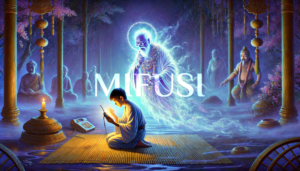
A grandchild from the future
A grandchild from the future Đứa cháu ở tương lai by kiemmadocco on Dec 05, 2017 at 8:57 pm. Translated...

GENERAL OUTLINE OF BUDDHISM BASED ON THE DOGMAS OF VARIOUS BUDDHIST SECTS
Buddhism originated in India, a country where religious devotion takes precedence and holds a dominant position. Historical records reveal that...

Buddha Kungfu
Buddha Kungfu ĐẠO VÀ CHÍNH TRỊ by Hữu-Huyễn on Mon Apr 20, 2009 12:18 pm; edited by xiaobaiyun Excerpt from...
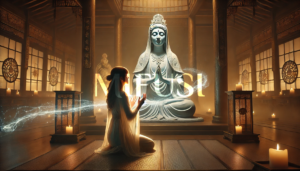
The initation Rites for a child’s soul
The initation Rites for a child's soul Vong Trạng xin điểm đạo by XuanYen on 16 Dec 2009, 11:42; Translated...
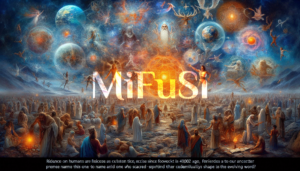
The Celestial Government
The Celestial Government Thiên Đình - Guồng máy siêu hình by Triệu Nghiêm on 07 Tháng 9 2021, 18:52; translate...

Story 13 – Unity in Spiritual Traditions
Story 13 - Unity in Spiritual Traditions Câu chuyện số 13 - Nguyên lý đạo là Một Translated by Dianichi,...
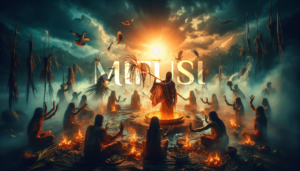
Story 3 – Dada performing exorcism
Story 3 - Dada performing exorcism Câu chuyện số 3 - Chim Đa Đa trị tà; by ThầyGià on Wed...

Chapter V: THE FRUITS OF SPIRITUAL CULTIVATION
I. Auspicious Dreams. O Subahuh! The reciting of the mantra must not be too slow, too fast, too loud or...
